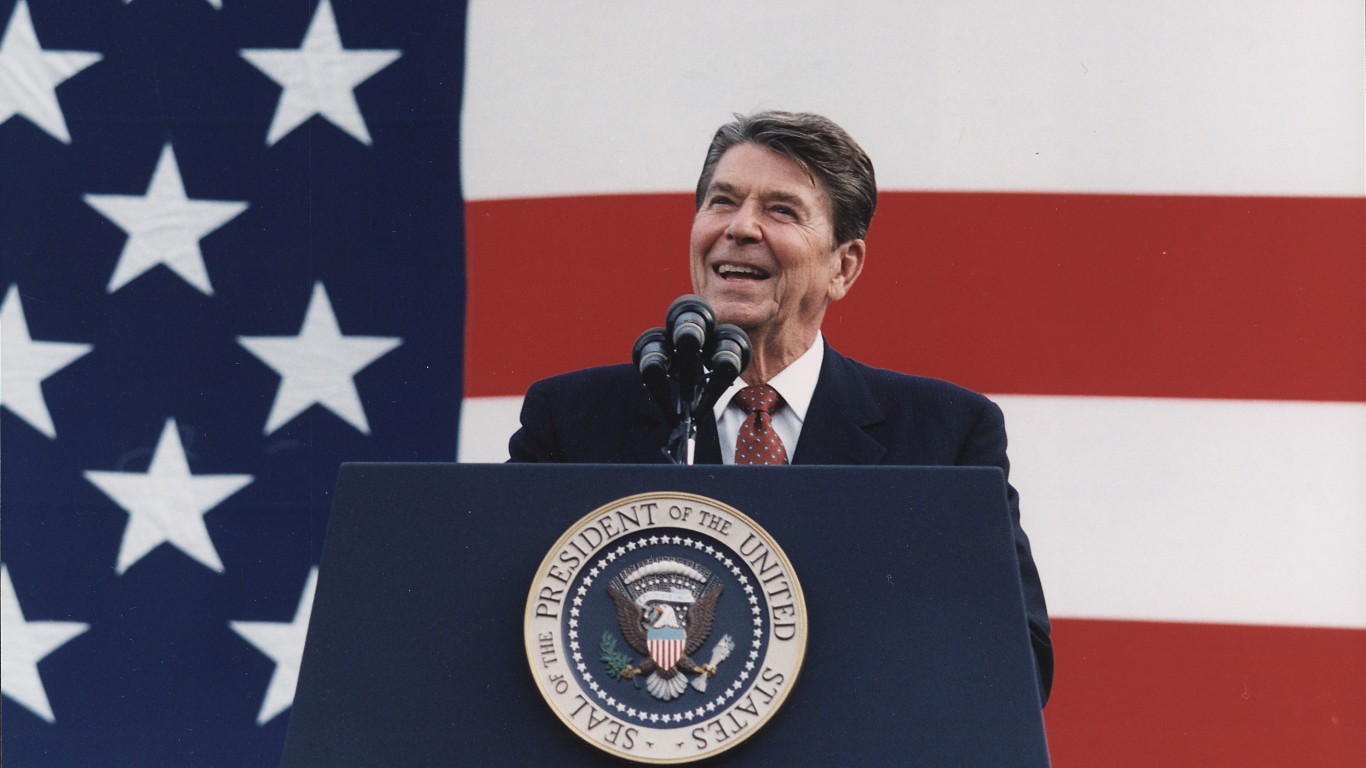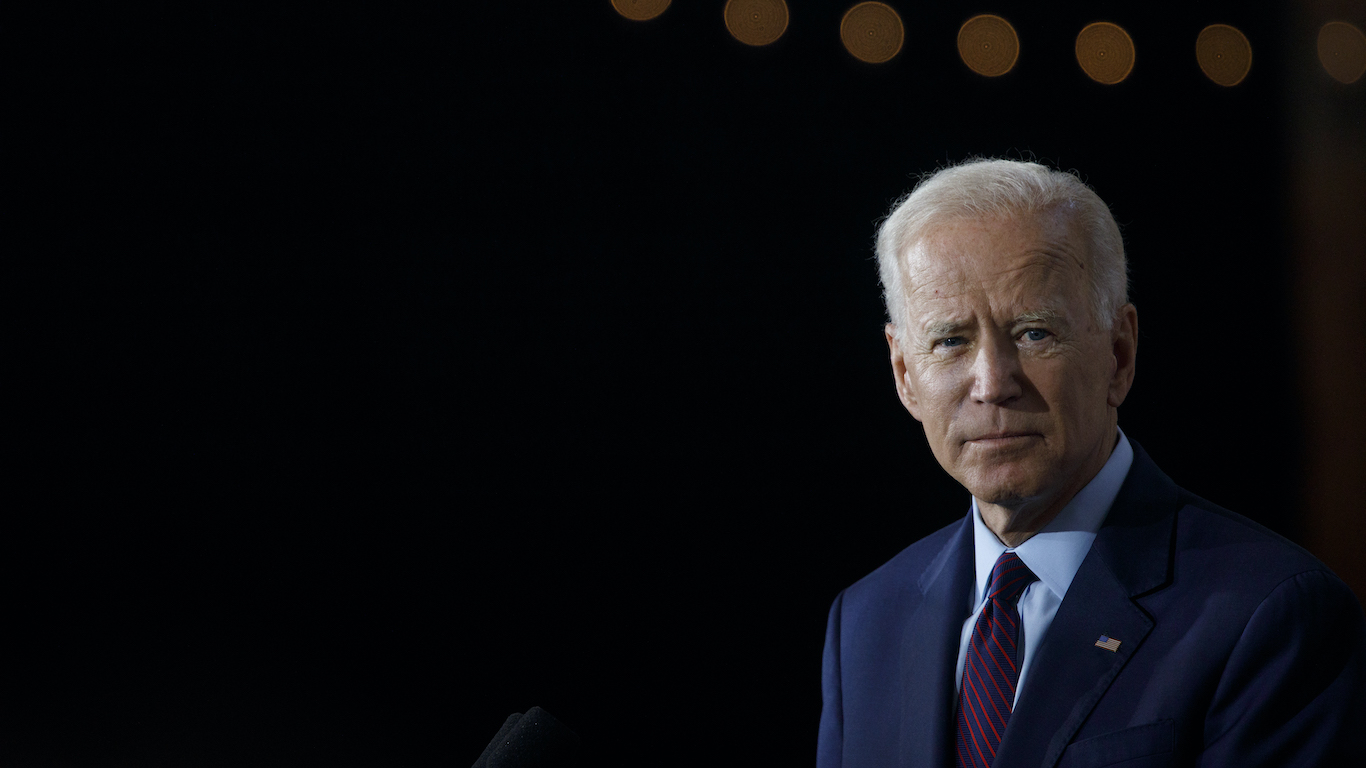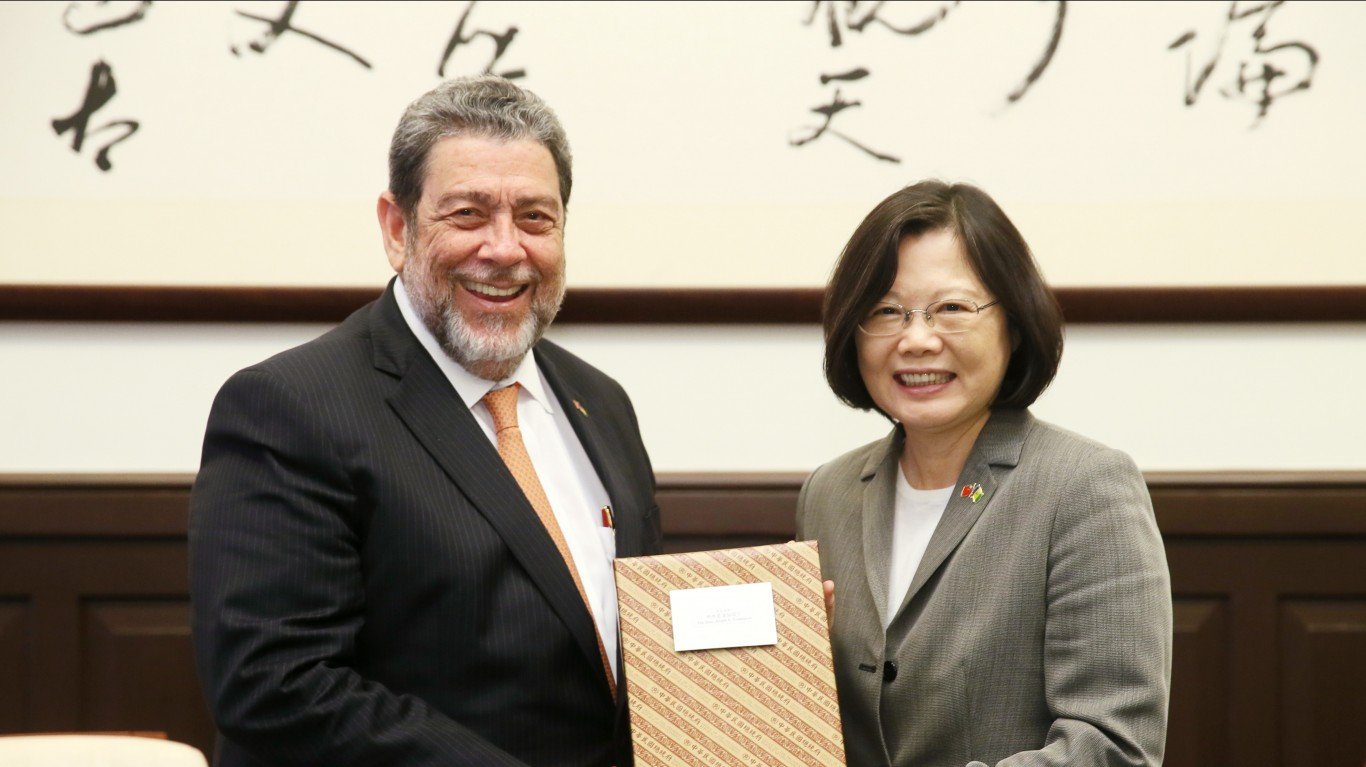

Taiwan’s diplomatic status is one of the most sensitive topics in global politics. As a result, most nations skirt around the issue for fear of angering China. Though Taiwan has never been a part of the People’s Republic of China, Beijing is resolute in its view that it is simply a wayward province to be brought back into the fold. By force if necessary.
Few nations are willing to invite the ire of such an important trade partner but Taiwan does have a handful of allies. However, that number is dwindling. This article will examine the few countries that still stand behind Taiwan.
Why This Matters
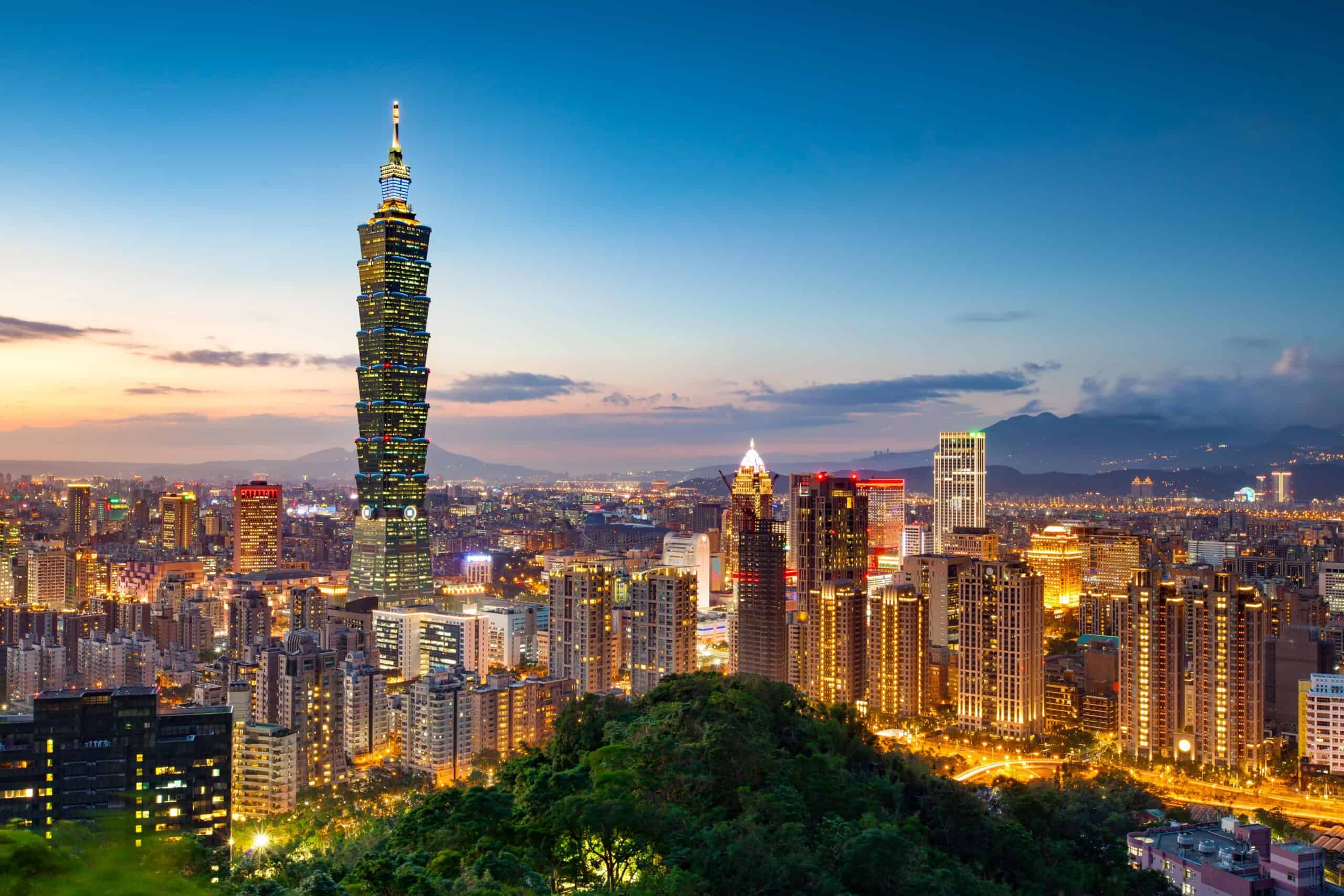
With rising tensions between China and Taiwan and the strong possibility of armed conflict in the next decade, it’s important to understand Taiwan’s unique status on the world stage. The United States has a deliberately opaque policy toward Taipei which will be clarified in this article.
Historical Context
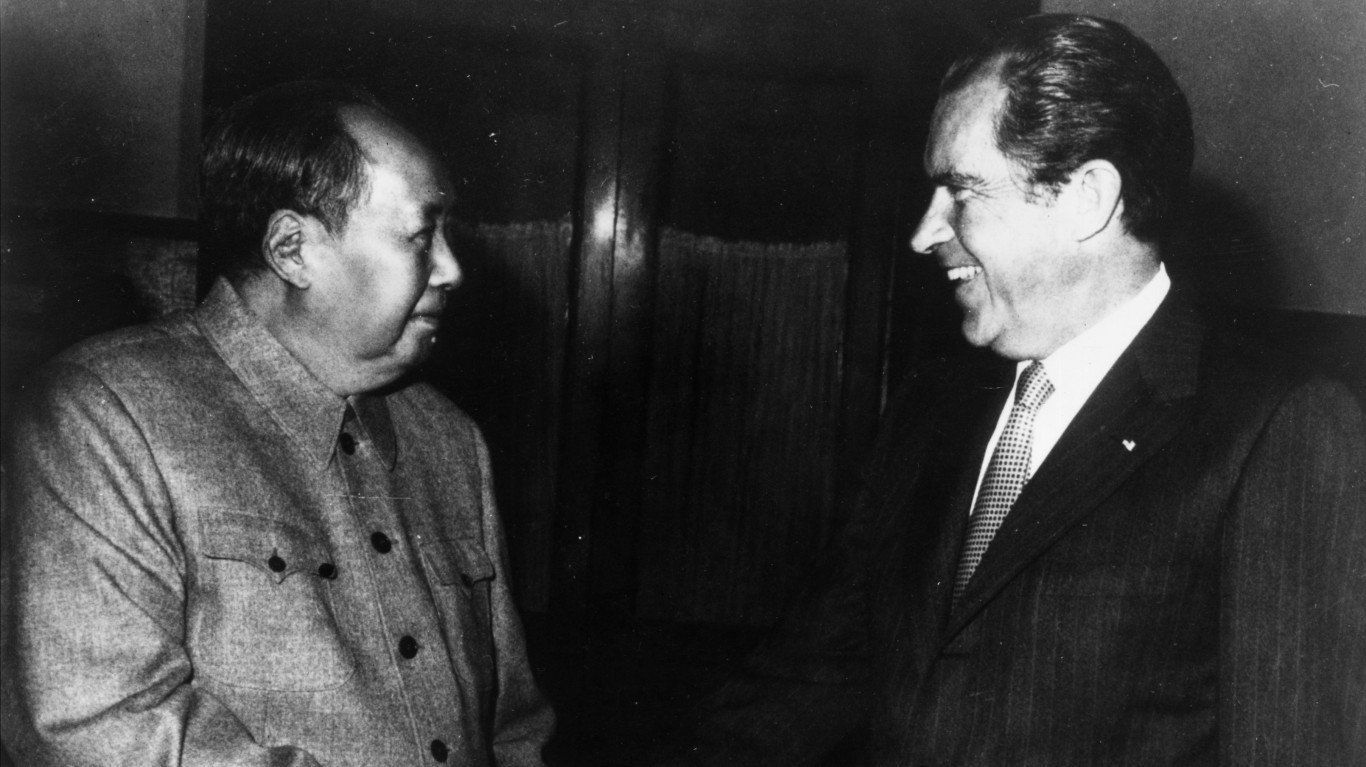
The nationalists fled the mainland after the loss of the Chinese Civil War in 1949. Initially, the international community viewed the Republic of China (Taiwan’s official name) as the “real” China. Conversely, the Communist People’s Republic of China was an international outcast with few friends on the world stage. This perception changed in the 1970s.
US President Richard Nixon made a historic visit to China in 1972, which paved the way for normalizing relations between Washington and Beijing in 1979. Around the same time, the UN passed Resolution 2758 which recognized the People’s Republic of China as the only legitimate government of China. 78 countries recognized the Republic of China in 1971, and now just 12 still have formal diplomatic ties to Taiwan.
Belize
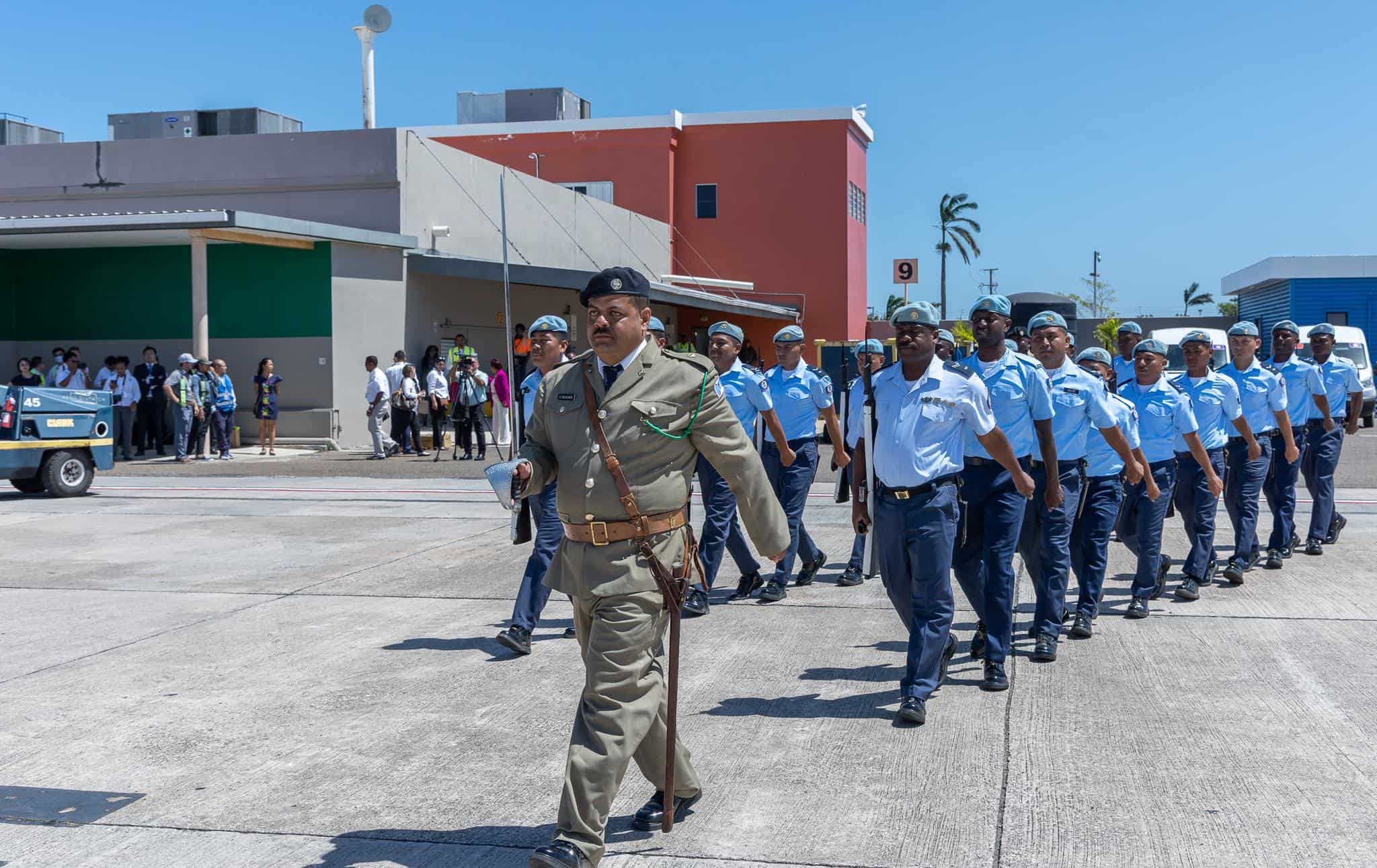
After Honduras turned its back on Taiwan in March 2023, nearby Belize reaffirmed its diplomatic ties with Taiwan a week later. The tiny Central American nation has a population of just 405,000 and a military that’s roughly the equivalent of two regiments. What Belize lacks in wealth, power, and resources, it makes up for in enthusiasm. Prime Minister John Antonio Briceno rated Belize’s relations with Taiwan as 9.9 out of 10, joking that the 0.1 left room for further improvement.
Eswatini
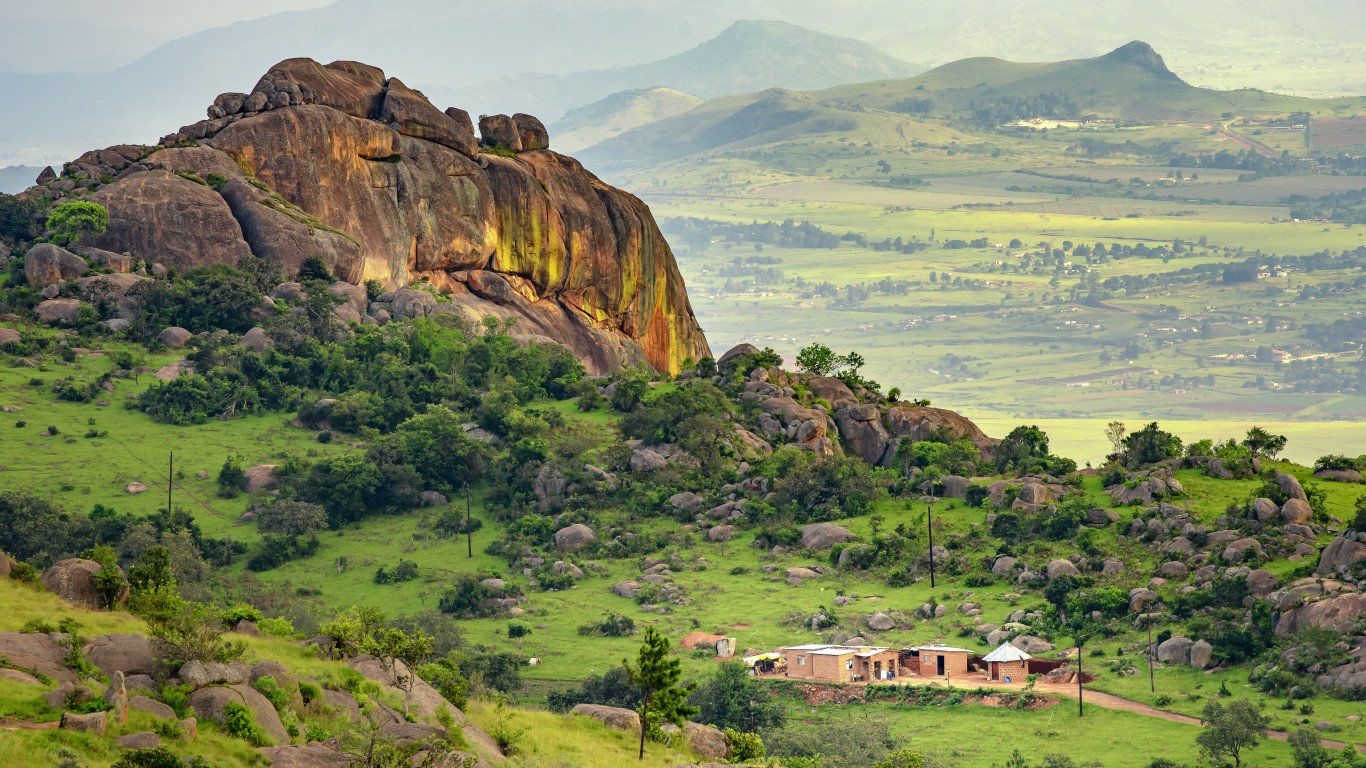
Otherwise known as Swaziland, the tiny landlocked state is the only remaining African country with formal ties to Taiwan. Despite increased pressure from China, Eswatini remains loyal to Taipei. For now at least. Because the world’s last absolute monarchy is surrounded by and heavily dependent on South Africa, it is less susceptible to pressure from Beijing and the public.
Guatemala
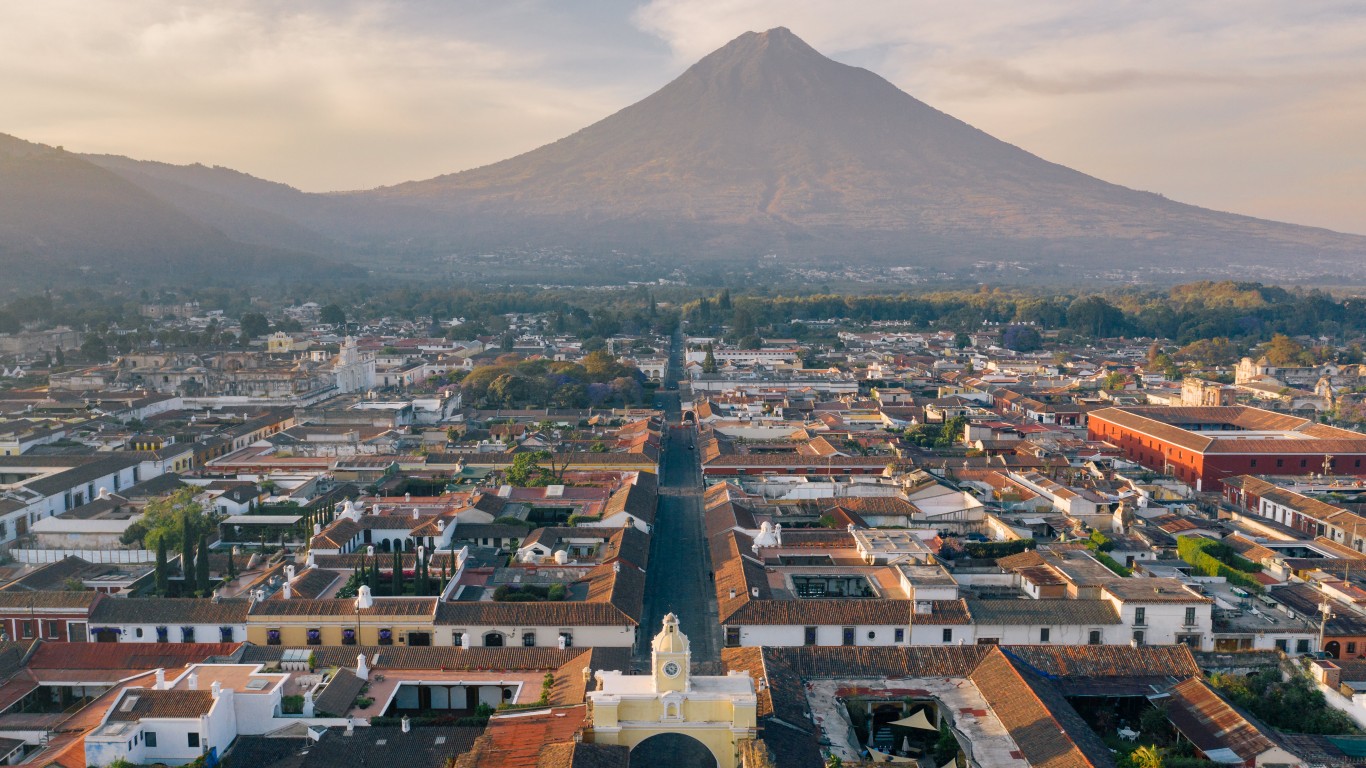
Guatemala is the largest nation with formal diplomatic ties to Taiwan. With several neighboring countries abandoning Taipei in recent years, there were fears Guatemala would follow suit when President-elect Bernardo Arevalo took office in 2024. However, though he did not attend the inauguration of Taiwan’s new president Lai Ching-tei, he did promise to continue to support Taiwan in May 2024.
Haiti
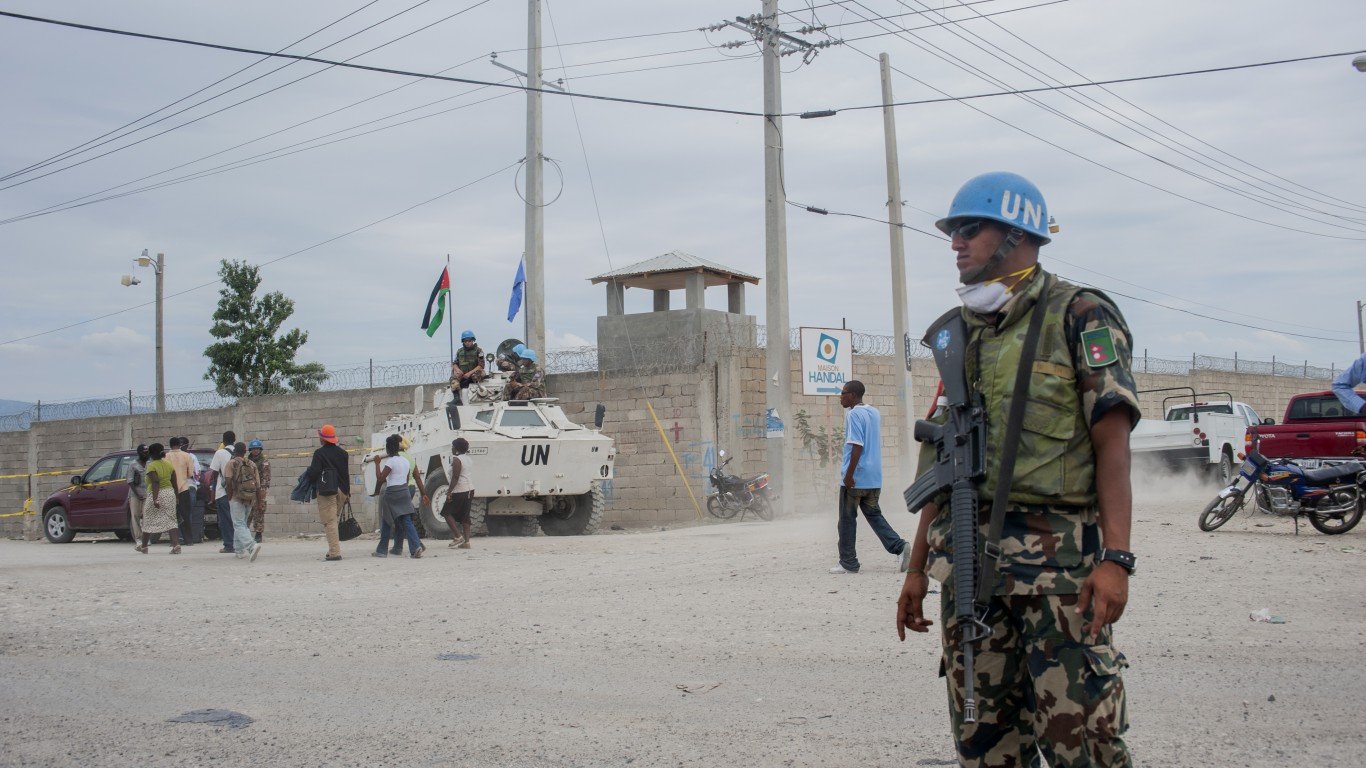
Haiti receives more aid programs from Taiwan than any other country currently aligned with Taipei (Honduras switched allegiance to Beijing in 21). Taiwan’s more direct approach to sustainable aid programs has kept the two nations close since 1956. With an ongoing gang violence crisis requiring UN intervention, the troubled Caribbean nation won’t be much help for Taiwan any time soon.
Minor Caribbean States
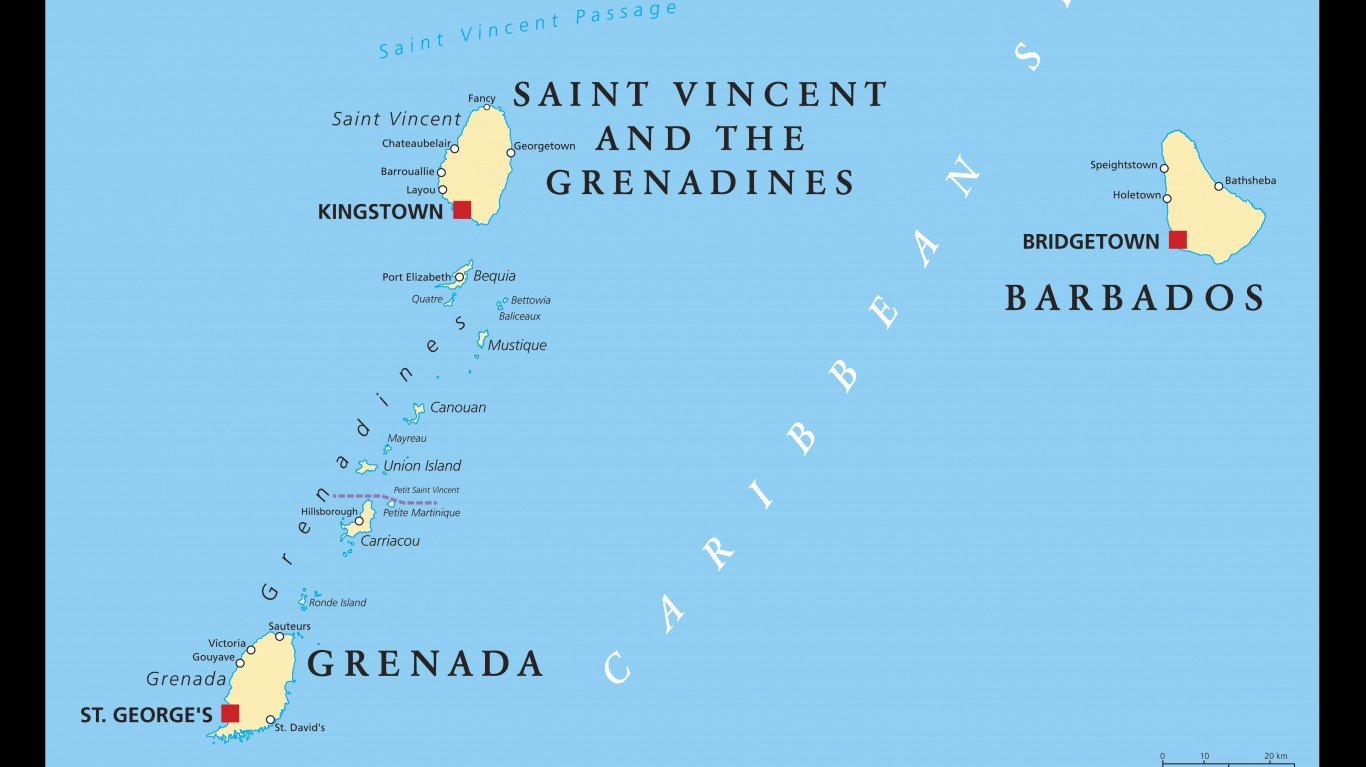
On August 2, 2022, then-Speaker of the House Nancy Pelosi visited Taiwan in a show of support that ignited tensions with Beijing. Less than a week later, a far less publicized visit occurred when, Ralph Gonsalves, the Prime Minister of Saint Vincent and the Grenadines arrived in Taipei. The visit was a show of support while China conducted military exercises in the Taiwan Strait in response to Pelosi’s trip.
Saint Lucia has a more flexible foreign policy. In 1997, the tiny island with a population of just 180,000 recognized the People’s Republic of China. In 2002, China provided a grant to build the George Odlum stadium in Vieux Fort. This was part of China’s “Stadium Diplomacy” efforts to raise its international profile. To the annoyance of locals in Saint Lucia, the Chinese contractor brought its own laborers. As a result, Saint Lucia switched its allegiance to Taiwan in 2007.
With only 47,000 citizens, Saint Kitts and Nevis has the smallest population of Taiwan’s three minor Caribbean allies. In June 2024, Prime Minister Dr. Terrance Drew arrived in Taiwan
for a state visit. Like other allies, the leader of St. Kitts and Nevis emphasized the importance of shared values and goals.
The Pacific
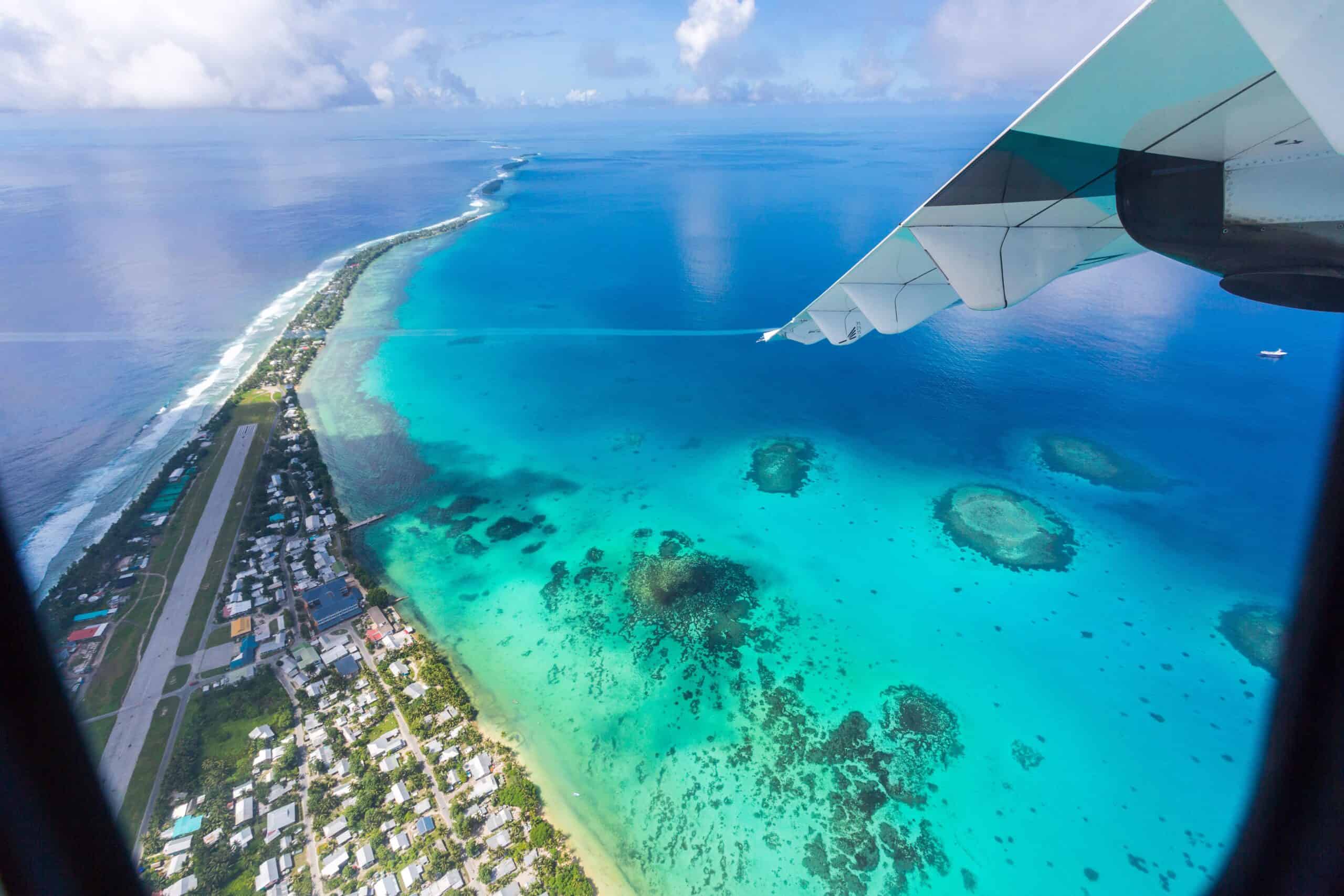
Taiwan has lost half of its Pacific allies in just five years and no island is too small for China’s relentless campaign to isolate Taipei. Nauru switched allegiance to Beijing on January 15th, 2024, two days after Lai Ching-te’s election as President of Taiwan. The Marshall Islands reaffirmed its commitment to Taiwan on January 18th. Additionally, Palau continues to rebuff Chinese efforts to compel it to abandon Taipei. Palau’s President, Surangel Whipps Jr., spoke of his commitment to Taiwan:
Their voice is important. They share those democratic values, but most importantly, they respect the rule of law
In May 2024, Tuvalu’s new leader confirmed the microstate will continue to support Taiwan based on past loyalty and a shared commitment to democratic ideals. Australia and the United States have considerable sway in the Pacific that may well be keeping the few holdouts onside. Australia and Tuvalu negotiated a treaty essentially giving Australia veto power over Tuvalu’s diplomatic dealings. Similarly, the United States is enhancing its presence in the Pacific.
Paraguay
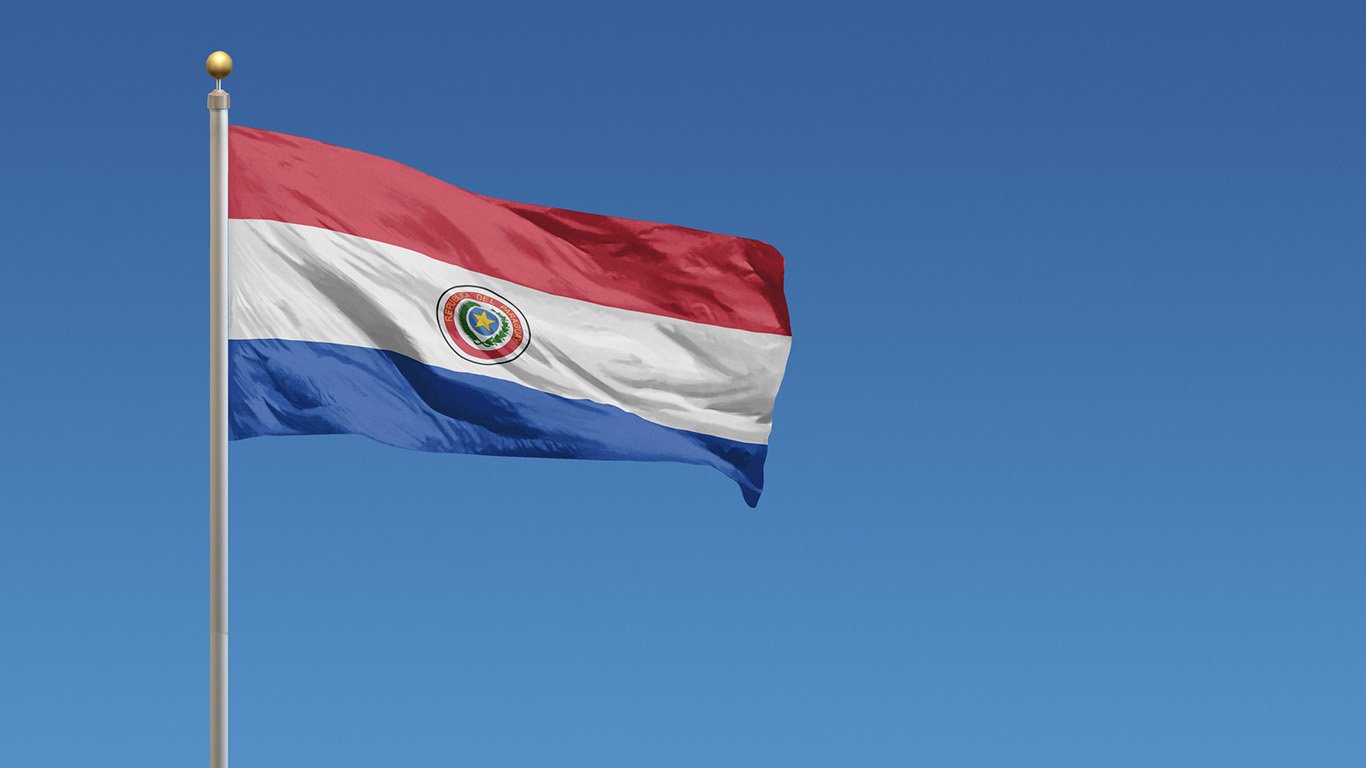
Taiwan and Paraguay’s ties go back to 1957 and supporting Taipei against the Communist regime in Beijing has been a cornerstone of Paraguayan foreign policy for decades. However, the issue reared its head during the 2023 presidential election. While Santiago Peña of the Colorado Party argued for maintaining ties, his opponent, Efraín Alegre, argued for switching to Beijing.
Ultimately, Peña prevailed and outlined his desire to maintain strong ties with Taiwan, in an August 2023 speech he said Taiwan and Paraguay were “not just allies, but also brothers.” Peña’s term will last five years and he will not be eligible for reelection so the issue may again come up in 2028.
The Vatican

The Republic of China and the Vatican established ties in 1942 when Chiang Kai-shek was still in power on the mainland. After the nationalists lost the civil war and fled to Taiwan, the Pope denounced communism and shunned Beijing in the 1950s. The Catholic Church took a less hardline approach towards communist regimes in the 1960s but the church’s overtures towards China were consistently ignored.
Pope John VI (1963-78) followed a “two Chinas” policy where he wanted to open dialogue with Beijing while maintaining ties with Taipei. It wasn’t until the end of the 1970s that China showed any real interest in forming relations with the Vatican. The church considered severing ties with Taiwan but ultimately chose to maintain Taipei’s only European ally. 1.4% of Taiwan’s population is Catholic and that number is decreasing but the alliance has symbolic importance for both parties. The Holy See sees a peaceful resolution as the ideal outcome of the tensions between Taiwan and China. The 135-strong Swiss Guard wouldn’t be much help if China were to invade.
The United States
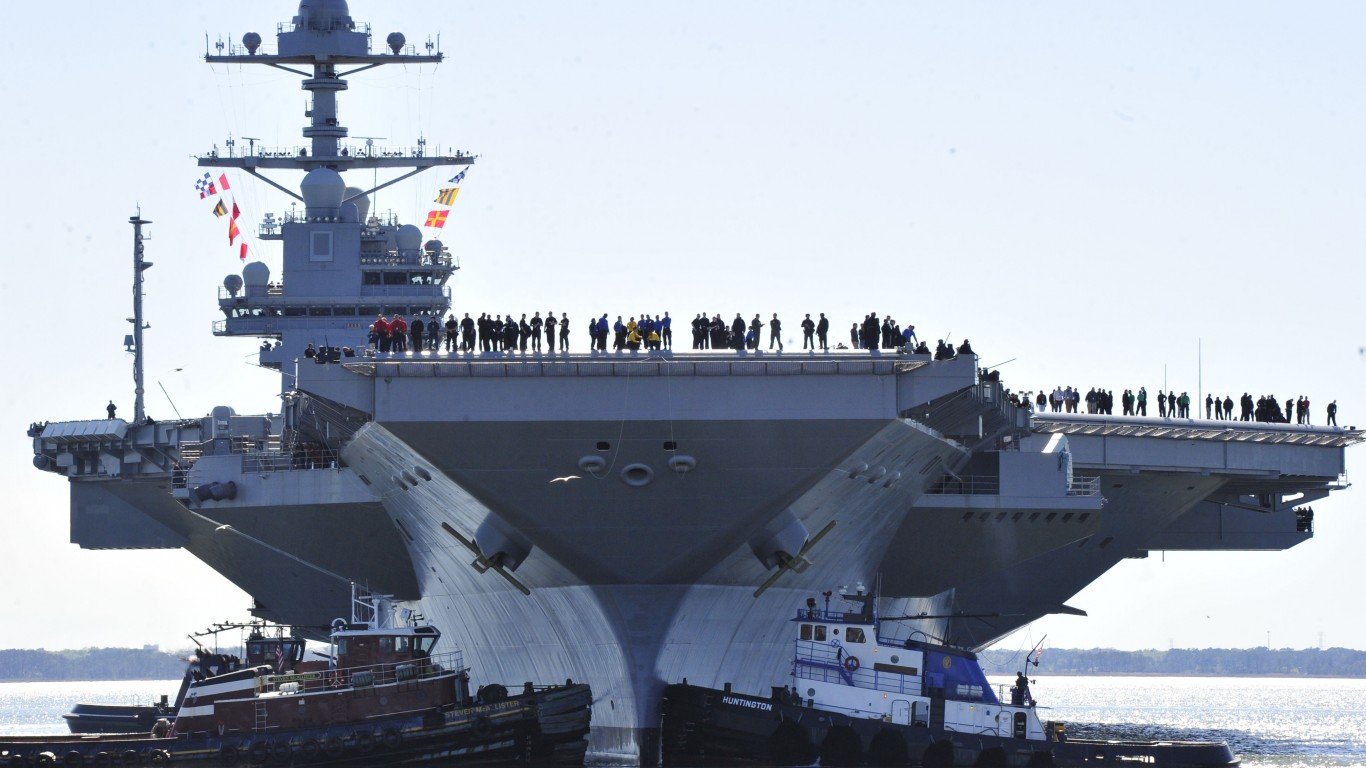
Officially, the United States adheres to the ‘one China’ policy but the reality is more complex. In 1979, the United States established diplomatic ties with Beijing. The price for opening relations with China was closing them with Taiwan. At least officially. Congress also passed the Taiwan Relations Act in 1979 which outlines American policy toward Taiwan and its defense.
The United States operates a policy of strategic ambiguity toward China. The idea is that providing weapons and the threat of intervention will be sufficient to dissuade Beijing from taking Taiwan by force. The US stepped up its efforts by directly sending military aid to Taiwan in 2023 and 2024. It remains to be seen if this policy will continue to be viable long-term.
Conclusion
Taiwan’s official allies are militarily weak and few in number. China sees the situation as a zero-sum game, no ally of Taiwan is too small or insignificant to turn toward Beijing. The few that remain face an uncertain future. Favoring Taiwan means losing out on trade opportunities with China, impacting each country’s domestic politics. Unofficially, the continued support of the United States is vital if Taiwan wishes to retain its de facto independence from China. Washington’s delicate balancing act in the Taiwan Strait is under strain and a less ambiguous stance may soon be required.
ALERT: Take This Retirement Quiz Now (Sponsored)
Take the quiz below to get matched with a financial advisor today.
Each advisor has been vetted by SmartAsset and is held to a fiduciary standard to act in your best interests.
Here’s how it works:
1. Answer SmartAsset advisor match quiz
2. Review your pre-screened matches at your leisure. Check out the advisors’ profiles.
3. Speak with advisors at no cost to you. Have an introductory call on the phone or introduction in person and choose whom to work with in the future
Take the retirement quiz right here.
Thank you for reading! Have some feedback for us?
Contact the 24/7 Wall St. editorial team.

